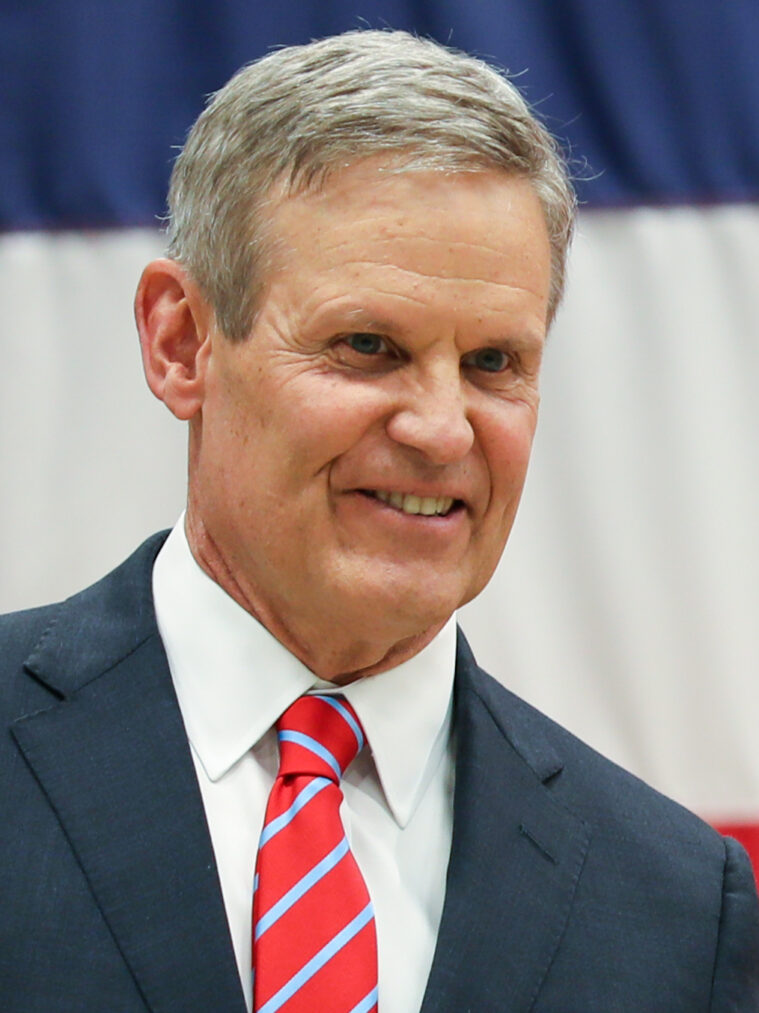
How Silicon Valley Lobbyists Secretly Pushed Texas Regulators to Rewrite the Rules of the Gig Economy
Documents show that lobbyists for Handy.com dictated a rule to the Texas Workforce Commission that would give legal shelter to gig economy companies who don’t want to treat workers like employees.

In December, seemingly out of nowhere, the Texas Workforce Commission tentatively approved a new rule that looked like a favor to giant on-demand companies such as Uber. Labor advocates suspected that some shadowy Silicon Valley behemoth was pulling the strings.
But the agency, which oversees all state workplace regulations, denied any backroom deals. “Neither staff nor the commissioners use outside sources when drafting proposed rules,” the commission’s spokesperson Lisa Givens told the Observer at the time.

That was not true. As early as December 2017, lobbyists for Handy, an app-based cleaning and maintenance company, were secretly working with Texas Workforce Commission Chair Ruth Hughs to draft a new “marketplace contractor” rule. The new directive would make it clear that workers for “marketplace platforms” like Handy aren’t employees, exempting those companies from having to pay into the state’s unemployment insurance fund. After successfully pushing to enact similar legislation in several other states, Handy seems to have opted for a stealth strategy in Texas, one that avoids the spotlight and the costly lobbying that comes with the legislative process.
The Observer obtained a trove of emails that provide an inside look at how the company’s lobbyists got Hughs, a Governor Greg Abbott appointee who is charged with representing employers on the commission, to advance a regulation highly favorable to Silicon Valley, all while keeping Handy’s fingerprints off the rule. The records, which were made public in response to an open records request from the Workers Defense Project, also show that the agency’s proposed rule was lifted almost entirely verbatim from suggested language provided to the commission by Handy’s lobbyists.
The agency denies that they lied to the Observer. “When I provided my response to you on Jan. 29, 2019, I was not aware of meetings referenced in email records,” Givens said in a statement. She also said rules often closely mirror industry recommendations. “When drafting rules, TWC program staff may rely on their knowledge and expertise, their own professional research, stakeholder input, and review of legislation in other states. This was the process staff used in drafting TWC’s proposed rules on digital marketplace platforms.”
Handy also insisted it was committed to transparency. “Our discussions with the Texas Workforce Commission, similar to those we’ve had in other states, were never intended to be kept secret,” a Handy spokesperson said in a statement.
Handy has used Tusk Strategies, a high-powered New York lobbying firm, to get state legislatures to pass laws defining gig workers on “marketplace platforms” as independent contractors. Arizona, Florida, Indiana, Iowa, Kentucky, Tennessee and Utah have all approved similar “marketplace contractor” laws.
“What is ultimately a better business decision? To try to change the law in a way that you think works for your platform, or to make sure your platform fits into the existing law?”
However, the emails show that two Texas lobbyists, Jerry Valdez and Mackenna Wehmeyer, orchestrated Tusk’s lobbying of Hughs’ office. But neither disclosed to the Texas Ethics Commission that they were working for Tusk until 2019, more than a year after Valdez appeared to first make contact with Hughs. Texas law says “it is necessary to disclose publicly and regularly the identity, expenditures, and activities of certain persons who, by direct communication with government officers, engage in efforts to persuade” state agencies to take an action. Tusk Strategies did not respond to requests for comment. Nor did Valdez or Wehmeyer.

Per the records, Valdez seemingly made initial contact with Hughs on December 19, 2017, when he sent her an email with a memo that complained that the booming on-demand service sector — companies such as Uber, Lyft, InstaCart and Handy — is being held back by “outdated and vague” rules about who is and isn’t an employee. These companies contend that the people who work for their apps are independent contractors, not regular employees entitled to protections such as a minimum wage, overtime and unemployment insurance. They argue that state and federal law has failed to keep up with the modern gig economy, leaving app-based companies vulnerable to lawsuits from workers who say they’re being misclassified.
In his December 2017 email, Valdez included a model regulation that he wanted the commission to enact as a way to provide gig employers with the legal certainty that their app workers are, in fact, independent contractors. Two days later, the emails show that Hughs held a conference call with Valdez and Tusk Strategies.
As Bradley Tusk, the notoriously shrewd political operator who runs Tusk Strategies, told CNN in March 2018: “What is ultimately a better business decision? To try to change the law in a way that you think works for your platform, or to make sure your platform fits into the existing law?”
In May 2018, Valdez sent Hughs a memo detailing dozens of class-action lawsuits against on-demand companies that allege they misclassify their workers as independent contractors. The memo lamented that plaintiff lawyers, specifically prominent Boston labor attorney Shannon Liss-Riordan, have “made a cottage industry out of suing” the so-called on-demand platforms. Handy alone has been the target of four lawsuits and a complaint from the National Labor Relations Board.
“It is important for the companies to have clear rules to follow, and to have security that if they comply with those requirements, they will not be forced to face years of costly litigation to establish that they’re doing things the right way,” the memo stated.
In short, Texas would be doing Handy a big favor by providing legal shelter through a “marketplace contractor” rule.

In early June, Valdez tried to set up another phone call with Hughs, the records show. She was out of town but wrote in an email that her chief of staff, Brian Owens, and senior legal counsel, Tommy Simmons, would be available. “Any updates on the status of the legislation in other states? I did see some states have laws kicking in this summer,” Hughs said. Two days later, Owens and Simmons held a call with Valdez and other Tusk Strategies representatives.
After the call, Valdez introduced the two Hughs staffers to another Texas lobbyist, Mackenna Wehmeyer, who is also on the Tusk payroll: “[S]he can arrange to get the handy.com folks lined up once you have briefed Comm. Hughs,” he wrote in an email.
Wehmeyer continued to correspond with Hughs’ staff, providing amended language that, as Handy had learned while passing marketplace legislation in Arizona, would ensure that the regulation would be in compliance with federal unemployment tax law. “Thank you very much for referring that information to us. I am sure it will be informative regarding the matters discussed,” Simmons, the counsel for Hughs, told Wehmeyer.
Tusk Strategies lobbyists also assured Hughs’ team that the Texas Workforce Commission wouldn’t be the only state agency making an end-run around the legislative process. They were also in the process of advancing similar rules with the labor regulators in Colorado and Illinois. Simmons told Wehmeyer, “We’ll be sure to include the Illinois proposal in our discussions.”
During the more than seven months that Hughs was coordinating with Handy and its lobbyists, the only hint of such backroom chatter came during a July 2018 commission meeting. Hughs alluded to “receiving interest” from unnamed sources that wanted the agency to provide “some clarity on the gig economy and the classification of workers in that particular industry, and the marketplace contractor industry.” She ordered the commission’s staff to begin drafting a rule along those lines.
She didn’t explain that Handy had apparently already taken care of that. Several on-demand companies offered their support for the rule during the public comment period in January. Handy, however, remained behind the scenes. The agency has said that it may offer potential revisions before the commission makes its final vote. That vote could come at any time now.


